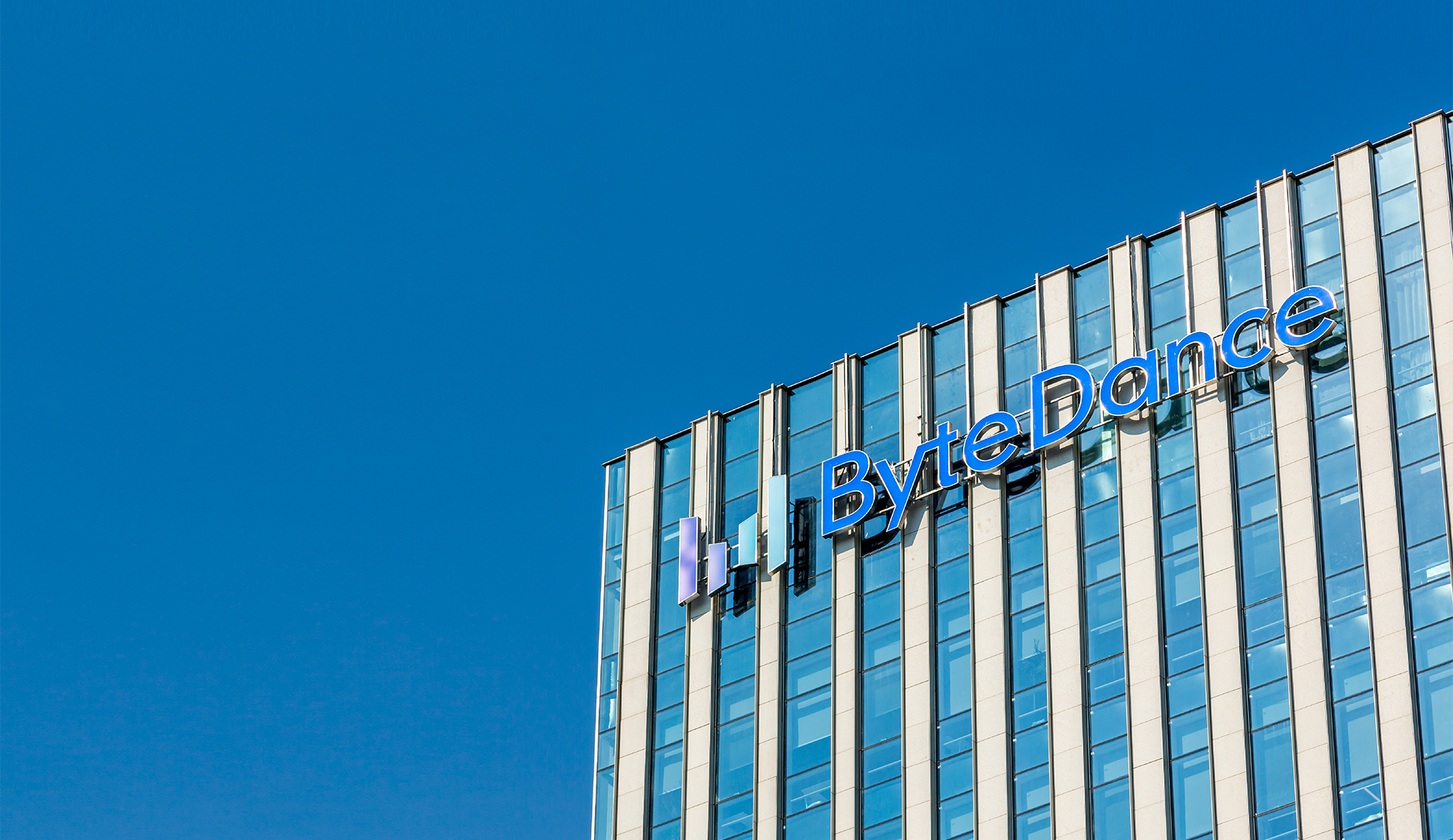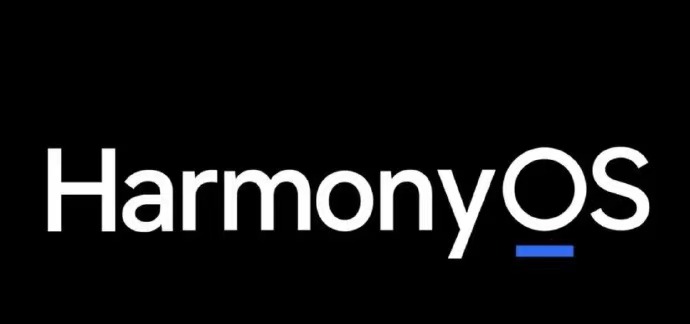Blocksquare announced on February 5 that it has incorporated Blocksquare SARL in Luxembourg to serve as the operational hub for its notarized real estate tokenization framework. The new platform is the first to integrate land registries directly through notarized agreements under European Union regulations.
The framework enables property owners to tokenize economic rights tied to their real estate while retaining full ownership. For each tokenization, Blocksquare SARL generates a set of Blocksquare Property Tokens (BSPTs). The tokens are acquired by the property owner via a structured borrowing arrangement, where a lien is placed on the property title. A notary oversees the process, and the property owner then approves a resolution to transfer economic rights—such as revenue from leases or proceeds from potential sales—to BSPT holders. Once the process is complete, investors can trade the tokens on secondary markets, potentially increasing liquidity in the real estate sector.
“Tokenizing real-world assets has faced major roadblocks due to legal uncertainties,” said Denis Petrovcic, CEO of Blocksquare. “With the incorporation of Blocksquare SARL, we have established a legally enforceable framework that bridges blockchain technology with traditional property laws.” Petrovcic noted that the process draws on methods long used in the banking sector to secure loans with real estate, providing clear legal protection and transparency for investors.
Luxembourg’s regulatory environment, reinforced by EU financial laws such as the Markets in Crypto-Assets Regulation (MiCAR), underpins the framework. In addition to offering fractional ownership and enhanced liquidity, the model is designed to give property owners global access to capital while keeping control over their assets. Blocksquare plans to pilot projects in Belgium and Austria next, building on its notarized tokenized real estate transaction in Slovenia in 2023. The company aims to extend the framework to Germany, Poland, and France in the near future.
Final Thoughts
The technical structure of Blocksquare’s framework is built around a process that integrates traditional real estate practices with blockchain technology. By using notarized agreements and direct links with land registries, the system creates a clear record of economic rights transfer. This integration may reduce legal risks and enhance transparency, addressing concerns that have historically hindered the tokenization of physical assets.
From a technical perspective, the mechanism of generating BSPTs for each property and securing them via a collateralized borrowing arrangement introduces a controlled method for digitizing real estate assets. The reliance on established legal practices, such as liens on property titles and notary oversight, bridges the gap between digital innovation and traditional property law. While the framework will need to address market liquidity and regulatory adaptation across different EU states, its design lays a foundation that could improve investor confidence and facilitate broader adoption of real estate tokenization.
Don’t forget to like and share the story!
Vested Interest Disclosure: This author is an independent contributor publishing via our










